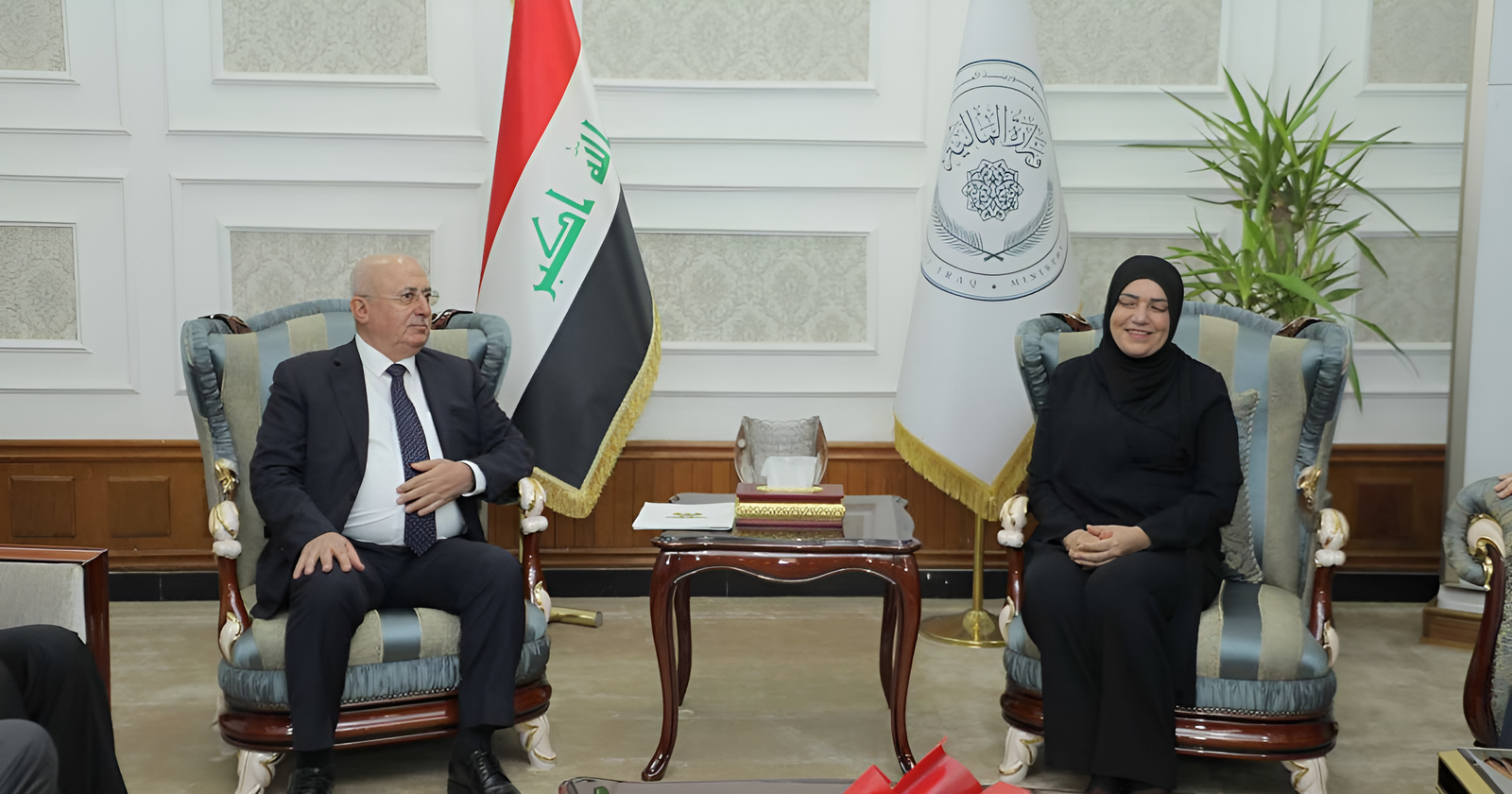Iraqi and KRG Finance Ministries Trade Blame Over Salary Payments

The Iraqi federal government and Kurdistan Regional Government (KRG) finance ministries have issued competing statements today, presenting conflicting narratives over the suspension of KRG public employee salary payments.
KRG Response: Agreement Already Reached
The KRG’s statement was a direct response to a directive issued yesterday by Iraq’s Ministry of Finance, which claimed that the federal government had fully met its budgetary obligations to the Kurdistan Region for 2025 and would not be sending any further salary payments.
In its rebuttal, the KRG finance minister asserted that an agreement had been reached earlier this year—during a visit by a regional delegation to Baghdad, under the supervision of Iraq’s finance minister—on the calculation of salaries for employees, retirees, beneficiaries of the social protection network, political prisoners, and chemical weapons victims. Based on those calculations, the KRG was allocated a total of 13.334 trillion IQD for 2025. Of this, only 4.223 trillion IQD has been disbursed so far, leaving a remainder of 9.111 trillion IQD still unpaid.
The KRG also cited Federal Court Decision No. 224 (issued February 21, 2024), which stipulates that regional employee and retiree salaries should be paid from the region’s annual budget share. The Kurdish ministry argued that Baghdad’s funding suspension contradicts both this court ruling and constitutional provisions guaranteeing regions a “fair share” of federal revenues.
Iraqi Response: Revenue-Sharing Violations
The Iraqi Finance Ministry countered with detailed accusations of KRG non-compliance with federal revenue-sharing requirements. Baghdad’s statement emphasized that the 2023-2025 federal budget law clearly defines mutual obligations between both governments, backed by Federal Court decisions.
Central to Iraq’s argument is the claim that while Baghdad has provided funds within the KRG’s designated budget share, the regional government has failed to transfer its oil and non-oil revenues to the federal treasury as required by law. According to reports from both federal and regional financial supervisory bureaus, this revenue retention has caused the KRG to exceed its allocated budget share.
Moreover, the ministry argued that the KRG’s failure to transfer oil from regional fields to the SOMO company, as stipulated by the budget law, and its continued halt of oil exports following the law’s amendment, have caused the public treasury to incur losses amounting to trillions of dinars.
The Iraqi statement was accompanied by a detailed data table breaking down the KRG’s allocated share and disbursements over the three-year budget cycle.
| Details | Amount |
|---|---|
| Oil revenues | 4,076,439,000,000 |
| Non-oil revenues | 407,096,260,713 |
| Revenues delivered by the Region to the Federal Government | 3,994,186,961,500 |
| Remaining revenues | 900,737,103,502.23 |
| TBI loan (Fed. Budget Law 13/2023, Art. 59) | 2,710,000,000,000 |
| Funds Sent by the Iraqi Government | 10,787,530,990,056 |
| Total oil & non-oil revenues, loans & funding | 20,164,254,255,773 |
| Region’s entitlement for 2024 | 21,127,875,999,723 |
| Remaining amount owed to the Region | 963,621,743,950 |
Beyond the immediate financial disagreement lies a deeper constitutional conflict over budget allocation methodology. The KRG argues that Iraq’s approach of basing regional shares on “actual expenditure” violates constitutional requirements for fair revenue distribution. Meanwhile, Baghdad maintains that the region must fulfill its legal obligations to transfer revenues before receiving additional federal funding.









